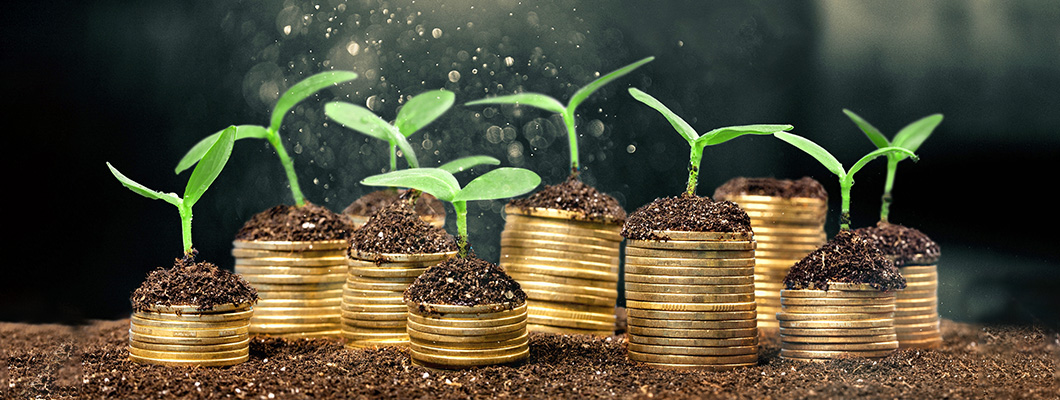
How to calculate Interest on Your Fixed Deposits?
Posted on Thursday, July 28th, 2022 | By IndusInd Bank
Fixed deposits are some of the most preferred investment choice of India investors given the assured and stable returns that they provide. But have you ever wondered how the interest on your fixed deposit is calculated? If you have, you have come to right place. Let’s decipher how to calculate interest on your fixed deposits.
Compound Interest
For most fixed deposits today, interest is calculated based on the principle of compound interest. It is one of the most powerful and in fact one of the simplest ideas in finance. According to the idea of compound interest, interest is calculated not only the initial principal but also the interest already earned.
Let’s understand this with the help of an example. Let’s say you invest Rs. 1 Lakh for a period of 3 years at an interest rate of 10% compounded annually.
At the end of the first year, your total investment amount would be the initial Rs. 1 Lakh plus 10% interest on that, resulting in a total of Rs. 1,10,000. Now, in the second year, the 10% interest will be calculated on this Rs. 1,10,000 as opposed to the initial investment made. This means that as time passes your interest will also start earning interest.
This is why they say, that as time passes your money starts to grow faster. In this example, by the end of the 3rd year you will have a total of Rs. 1,33,100. Try this out yourself to see if you get the same result.
How to calculated interest on fixed deposits
The interest on your fixed deposit is calculated on the principle of compound interest itself. There is a general formula that you can use to calculate your maturity amount in a fixed deposit, which is:
A = P(1 + r/n)^(n*t)
Where ‘A’ is the maturity amount, ‘P’ is the initial investment, ‘r’ is the rate of interest, ‘n’ is the number of times interest is compounded per year and ‘t’ is the number of years for which investment is made.
Don’t worry if this looks too complicated. It is simply the generalized form of the calculations we made above. If you want to stay away from all this technical jargon and calculations, simply use our FD interest calculator right here.
The factors affecting interest earned on a fixed deposit:
Initial principal
The interest that you earn on your fixed deposit is directly proportional to the amount of money invested initially. Higher the principal invested, higher the interest earned and vice versa.
Rate of interest
This is a very important factor to consider when investing in FDs. Higher the interest rate, higher the interest earned.
Tenure
You must have heard people say ‘Start investing as early as possible’. There is a very good reason for that. The earlier that you start, the more time your money gets to earn interest, and higher will be the interest amount.
Bottom line
Hopefully, this gives you a good sense of how interest is calculated on your fixed deposits. Keep these things in mind: Start early, try and get a higher interest rate, and have a higher initial corpus.
Looking to apply for a fixed deposit that provides attractive returns? Apply online today right here.
Disclaimer: The information provided in this article is generic in nature and for informational purposes only. It is not a substitute for specific advice in your own circumstances. Hence, you are advised to consult your financial advisor before making any financial decision. IndusInd Bank Limited (IBL) does not influence the views of the author in any way. IBL and the author shall not be responsible for any direct/indirect loss or liability incurred by the reader for taking any financial decisions based on the contents and information.



 Offers
Offers Rates
Rates Debit Card Related
Debit Card Related Credit Card Related
Credit Card Related Manage Mandate(s)
Manage Mandate(s) Get Mini Statement
Get Mini Statement
 categories
categories Bloggers
Bloggers Blog collection
Blog collection Press Release
Press Release


